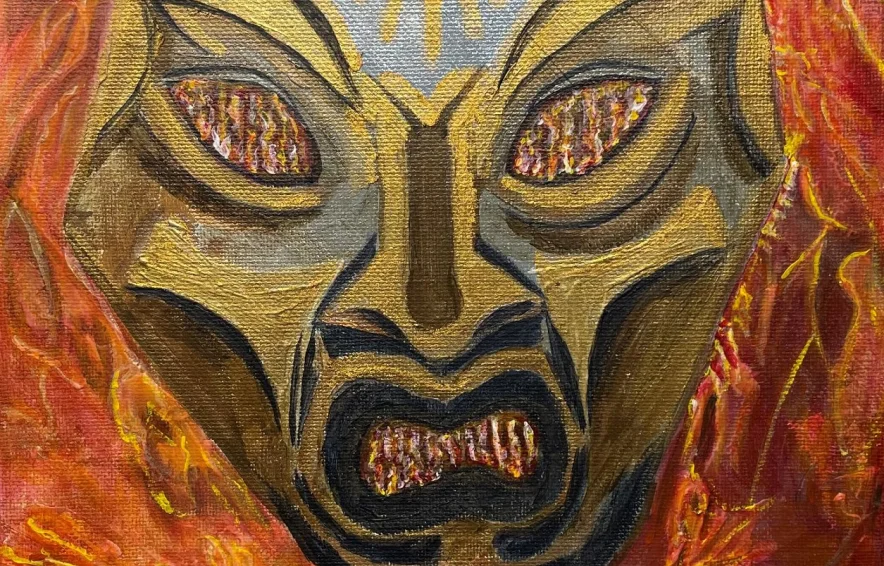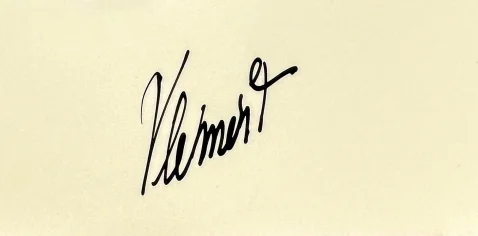
The Enduring Symbolism of Masks in Human History
Masks have held deep symbolic meaning and significance for humanity across cultures and throughout history.
Many cultures have used masks to represent and connect with supernatural beings, ancestors, and mythical figures. The mask was believed to take on the essence and energy of the spirit it represented, serving as a conduit to the divine realm.
Masks have also been integral to various cultural rituals, ceremonies, and rites of passage. They were used to celebrate life, death, fertility, and other important events, with the transformation of the wearer's identity through the mask being vital to the efficacy of these sacred practices. The mask allowed the individual to take on a new identity and persona, often denoting social status, rank, and specific roles within a community. In performance and entertainment, masks have a long history of use in theater, dance, and other artistic endeavors.
They enabled actors to embody different characters and convey a range of emotions without the limitations of their facial expressions, essential to the "willing suspension of disbelief" in non-realistic theater. Masks have also been used as a means of disguise and subversion, allowing individuals to conceal their identity and challenge social norms or authority. In some historical contexts, mask-wearing was a way for marginalized groups to temporarily subvert the established order and express themselves freely. Across these diverse applications, masks have served as powerful symbols, allowing humanity to explore the boundaries of identity, connect with the spiritual realm, and navigate the complexities of social and cultural dynamics. The enduring significance of masks throughout history underscores their profound impact on the human experience.
